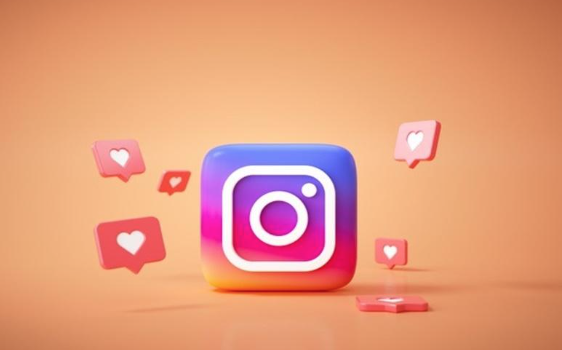The Instagram algorithm is a set of instructions for how and when to display certain content to any individual user. The algorithm considers hundreds of factors such as user history, location, profile, device, trends, relevance, popularity etc.
With Instagram algorithms, you can also buy pva instagram accounts or sell them.
As these algorithms change, yesterday’s marketing tactics might become less effective tomorrow. That’s why your strategy on each platform needs to constantly evolve too.
On Instagram in particular, simply posting on a regular basis with the right hashtags won’t necessarily guarantee that your new content always reaches its intended audience.
Instead, you’ll need to consider how you can work with the new Instagram algorithm updates to shake up your approach to Instagram marketing.
How does the Instagram algorithm work?
The new Instagram algorithm dictates the order of the posts that users see when they’re scrolling through their feed.
Based on specific signals, it prioritizes the best posts, pushing the most relevant ones toward the top and giving them the most visibility, while other content ends up being placed further down. So, it’s not just about posting content; you may also consider strategies like buy auto Instagram followers to enhance your presence.
While it’s important to note that the new algorithm is subject to change, these three main ranking factors can still help inform your Instagram strategy:
- Relationship with the user. If a certain user has interacted with a lot of your past Instagram content, they’ll be more likely to see your future content. This makes continual, repeat engagement on your posts important for building a loyal audience.
- Interest the user has conveyed. This signal is based on whether the user interacts with similar posts and accounts when they explore Instagram. Users who also engage with similar content are more likely to see your own posts.
- Relevancy of the post. When you publish a post on Instagram, the algorithm gives it a relevancy score, which impacts who it shows in the feed.
There were also other, more general considerations that Instagram shared, which you should make note of:
- If users follow a lot of accounts, you’ve got more competition for the top spot in their feed.
- If users either don’t spend a long time on Instagram or don’t open the app that often, you decrease the odds of having your content seen if you aren’t in one of the very top slots.
- On Instagram, business accounts and creator accounts are not immediately at a disadvantage in terms of organic reach compared to personal accounts.
- If users’ content doesn’t comply with Instagram’s community guidelines, Instagram will take that post down. If it happens repeatedly, Instagram will suspend that user’s account.
- If users post something that is labeled as misinformation, Instagram will put a label on the post and lower it in feed and Stories. If a user posts misinformation multiple times, Instagram may make that user’s content much harder to find.
Instagram Feed and Stories
Most of what you see on your feed and in Stories are the recent posts of the people you follow. Then Instagram’s algorithm further customizes the order you see these feed posts and Stories. The most important signals it takes into consideration are:
- Basic Information about the post or story. This means things such as how many likes it’s gotten, what time it was posted, and even whether there are location tags on it.
- Data on the account that made the post. Things like how many people have interacted with this account in the past few weeks (i.e., How popular is this account?). The algorithm uses this information to gauge the probability that you’ll be interested in this account’s post.
- Your activity. It keeps track of how many posts you’ve liked, shared, and saved, then uses that information to gauge what posts you’ll be interested in.
- Your interaction history with this specific account. That means measuring how often you’ve lingered on their posts, commented on them, liked them, saved them, or gone to the account’s profile page.

Instagram takes all this data and then makes educated guesses as to what type of content should be presented on each user’s feed.
Instagram Explore
Instagram’s Explore page algorithm is designed to help users discover new things. It uses the same signals as the feed and Stories, but uses them to curate and rank engaging content for individual users. The user actions that the Explore algorithm pays the most attention to are likes, saves, and shares.
For example, if an Instagram user is a huge fan of Avengers movies, Instagram may find other popular Marvel content to send to that user’s Explore page, or maybe even superhero content from other franchises, like DC or Image.
To get featured in a user’s Explore page, use strategic hashtags and jump on recent trends. Take advantage of hot topics or news stories to get your posts ranked higher on users’ Explore pages.
Instagram Reels
Like Explore, users usually see Reels from accounts they don’t follow. Instagram uses the same signals as it does for Explore, but focuses on what will entertain that user. One of the main things Instagram focuses on is predicting whether a user will watch a piece of video content all the way through.
To increase visibility for your Reels, share them to your feed first and include hashtags and a location tag. Also, try to interact with Reels that will appeal to your target audience. Reels are designed for users to discover you, so you’ll want to jump on a strategy for maximizing your Reel content as soon as possible.



